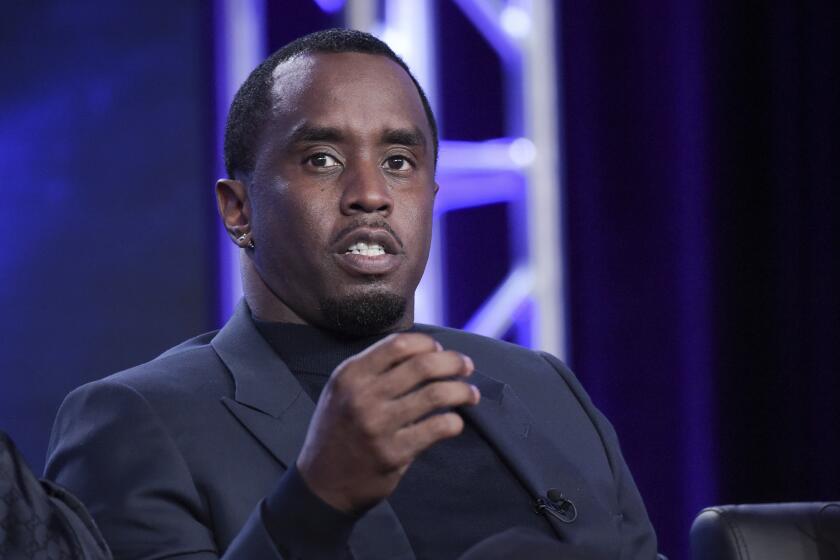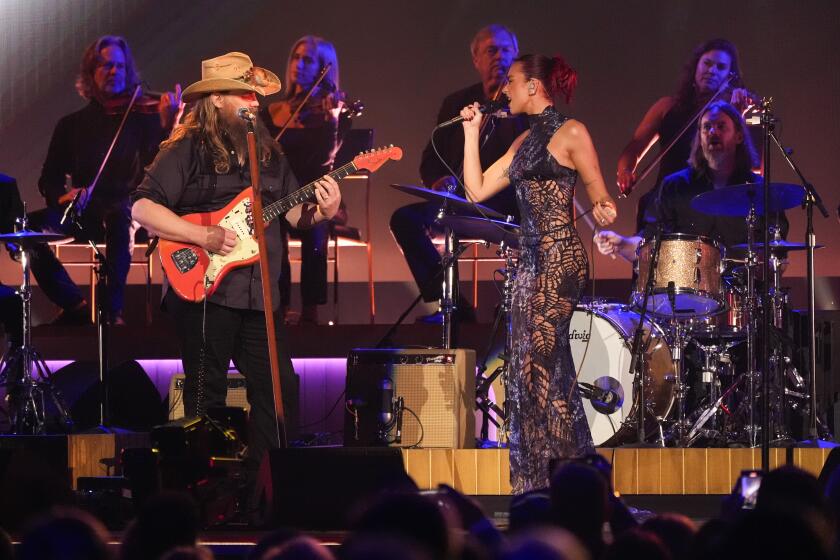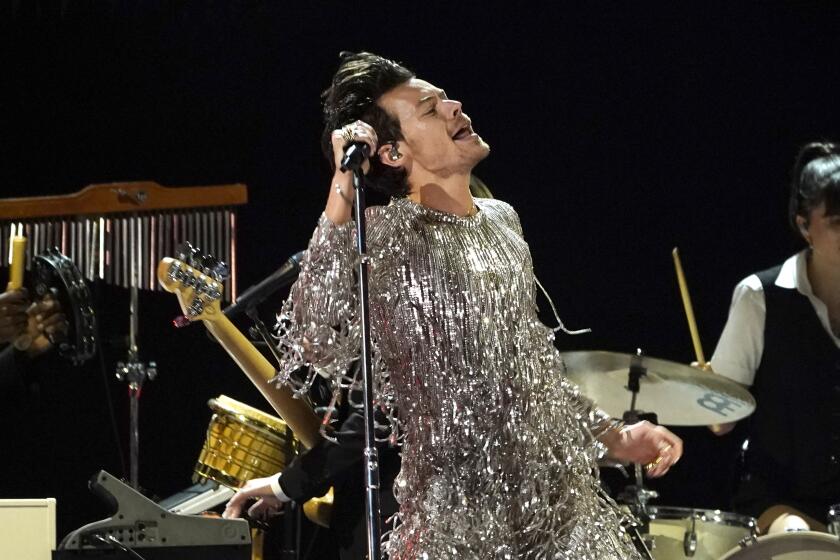A standard bearer does best by oldie
You have to give Bill Cantos credit for aiming high. The pianist-singer-songwriter’s new album bears the challenging title “Love Wins: New Standards for the New Millennium.”
But in the opening set of his one-nighter Tuesday at the Jazz Bakery, Cantos was quick to note that choice of the title was based on inspiration rather than any boastful sense that he rates with the likes of Cole Porter, George Gershwin, Jerome Kern and the other architects of the Great American Songbook. And, as it turned out, the mixed bag of originals that made up the bulk of his program actually reached well beyond the classic standards, often with much more contemporary references.
His opening number, the up-tempo “Morning Coffee,” was caffeinated with the contemporary wit of Bob Dorough. “Avenue 18” simmered with a jazz-driven groove. “Don’t Say a Word” glowed with inner references to Duke Ellington and Billy Strayhorn, and “Go ‘way Moon” was a classic bossa nova-tinged, love-lost ballad.
Despite their obvious inspiration from standards and the initial catchy appeal of some of the songs, however, their potential for lasting appeal -- with a few exceptions -- seemed minimal. Among those exceptions, “Who Are You?” blended ‘30s-style balladry with occasional passages recalling Brazilian musician Ivan Lins. And the CD’s title track, “Love Wins,” enlivened by a rhythm obviously inspired by Ramsey Lewis’ “The In Crowd,” was a spirited number with the sort of hook-driven chorus that could give it considerable life with other singers.
Cantos performed everything with an engaging, cabaret-style charm and enthusiasm, using sung passages to introduce his accompanying players: bassist Rene Camacho, drummer John Ferraro, percussionist Luis Conte and, on a pair of numbers, his wife, pianist Mari Falcone. At the fulcrum of the music, his own piano playing provided the sort of symbiotic interplay that most singers can only wish for.
His most impressive vocal performance, however, took place in Harold Arlen’s “It’s Only a Paper Moon,” in which he left out the piano, singing an imaginative string of improvisatory choruses with rhythm backing. It was here that one wondered whether Cantos’ musical aims might best be accomplished by focusing on his fine interpretive skills, supplemented by his steady jazz piano and the inclusion of carefully chosen originals that display his own musical vision, rather than a quest for the standards of a new millennium.
More to Read
The biggest entertainment stories
Get our big stories about Hollywood, film, television, music, arts, culture and more right in your inbox as soon as they publish.
You may occasionally receive promotional content from the Los Angeles Times.






